
PNH
Advertisement
An interim analysis of the COMPLETE study found that pegcetacoplan improved indicators of blood health.
A novel complement-targeting agent shows impressive efficacy and safety without immunosuppression of the classical pathway.
The new collaboration seeks to improve local PNH care in 53 countries whose health care systems have limited resources.
Lactate dehydrogenase level was pinpointed as a significant predictor of thromboembolism and mortality.
A multicenter, double-blind, randomized study found no clinically significant difference in efficacy or safety.
A post-hoc analysis evaluated results of the complement component 3-targeted therapy in patients from three clinical trials.
In PNH not previously treated with C5 inhibitors, crovalimab has shown efficacy noninferior to eculizumab.
The US FDA has approved danicopan as an add-on therapy in patients with PNH and EVH on standard-of-care C5 inhibitor therapy.
Iptacopan monotherapy improved hematologic and clinical outcomes of persistent anemia in patients with PNH.
Dr. Griffin shares data from their real-world study on pegcetacoplan in patients with paroxysmal nocturnal hemoglobinuria.
Danicopan as an add-on to C5 inhibitor therapy in patients with PNH with EVH showed sustained treatment benefits.
The majority of newly diagnosed patients with PNH did not receive a PNH-specific therapy at diagnosis.
Levels of lactate dehydrogenase significantly predicted fatigue and QOL in patients with PNH after C5 inhibitor therapy.
Danicopan added to C5 inhibitor therapy led to significantly improved hemoglobin concentrations in patients with PNH.
Pozelimab plus cemdisiran achieved intravascular hemolysis control in patients with paroxysmal nocturnal hemoglobinuria.
The FDA has accepted the BLA for crovalimab, an investigational treatment for paroxysmal nocturnal hemoglobinuria.
Iptacopan, a complement factor B inhibitor, was effective in patients with PNH with active hemolysis despite eculizumab use.
Take a look at these important studies relevant to anemia, venous thromboembolism, sickle cell disease, and PNH.
A study assessed survival and adverse events in patients with PNH treated with eculizumab.
Pegcetacoplan is a cost-effective alternative for the treatment of paroxysmal nocturnal hemoglobinuria.
Advertisement

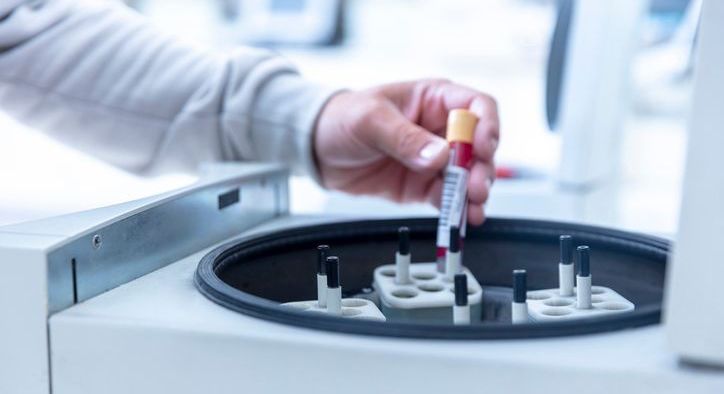
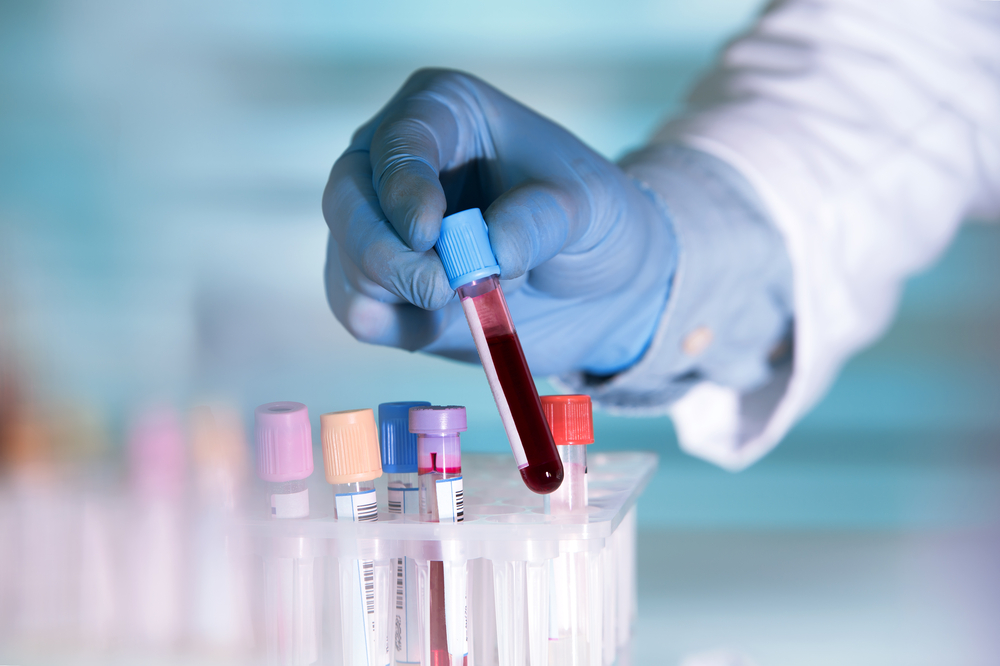

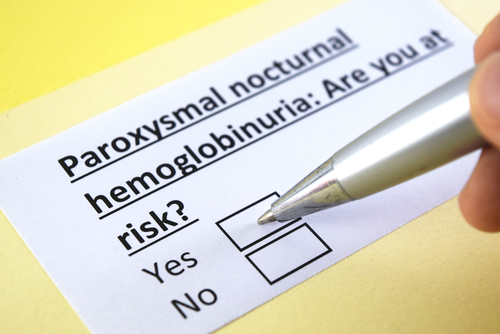
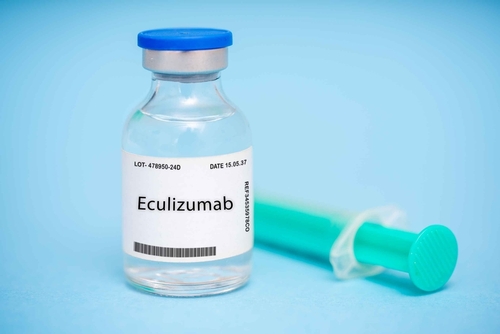
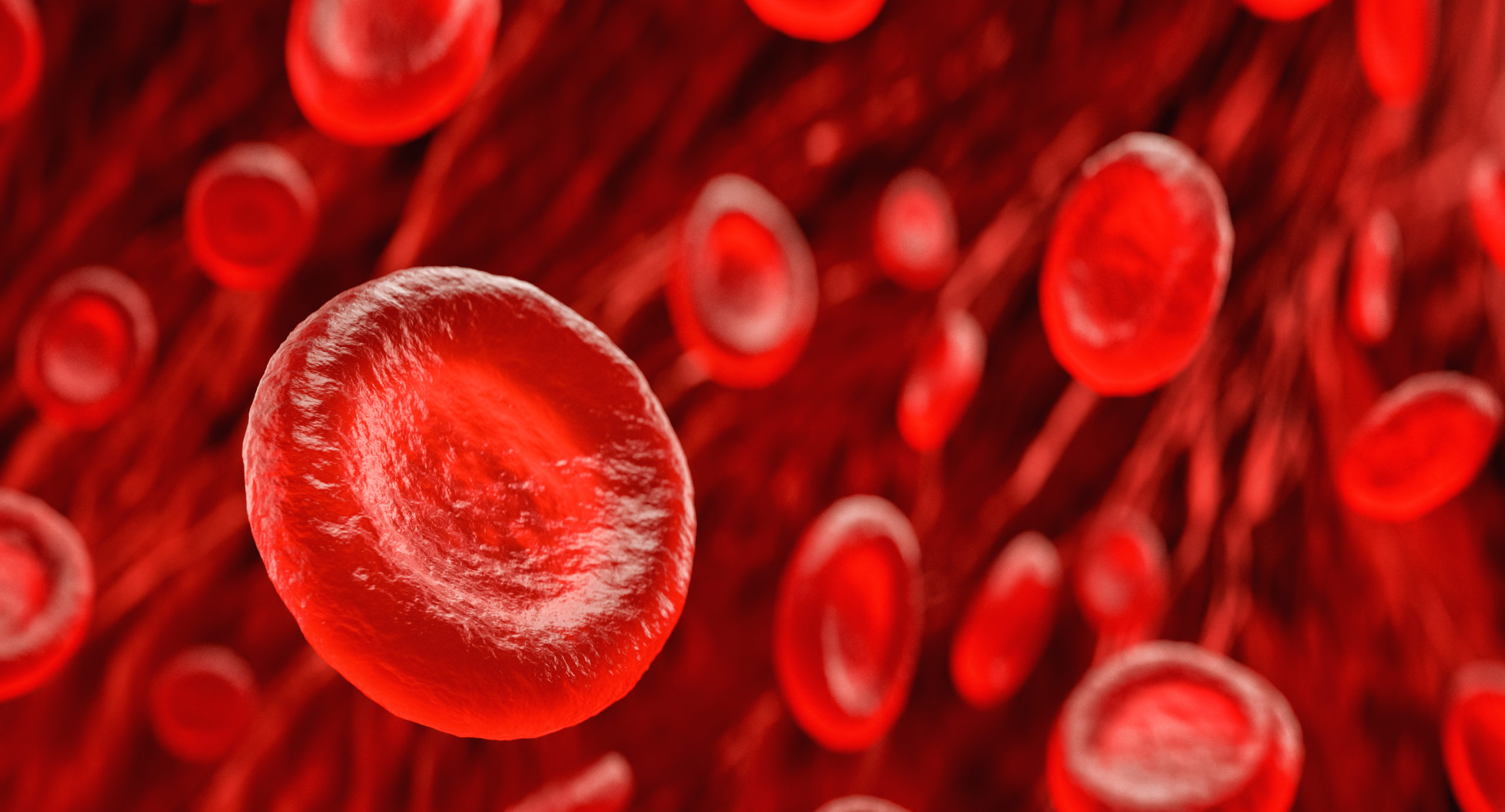
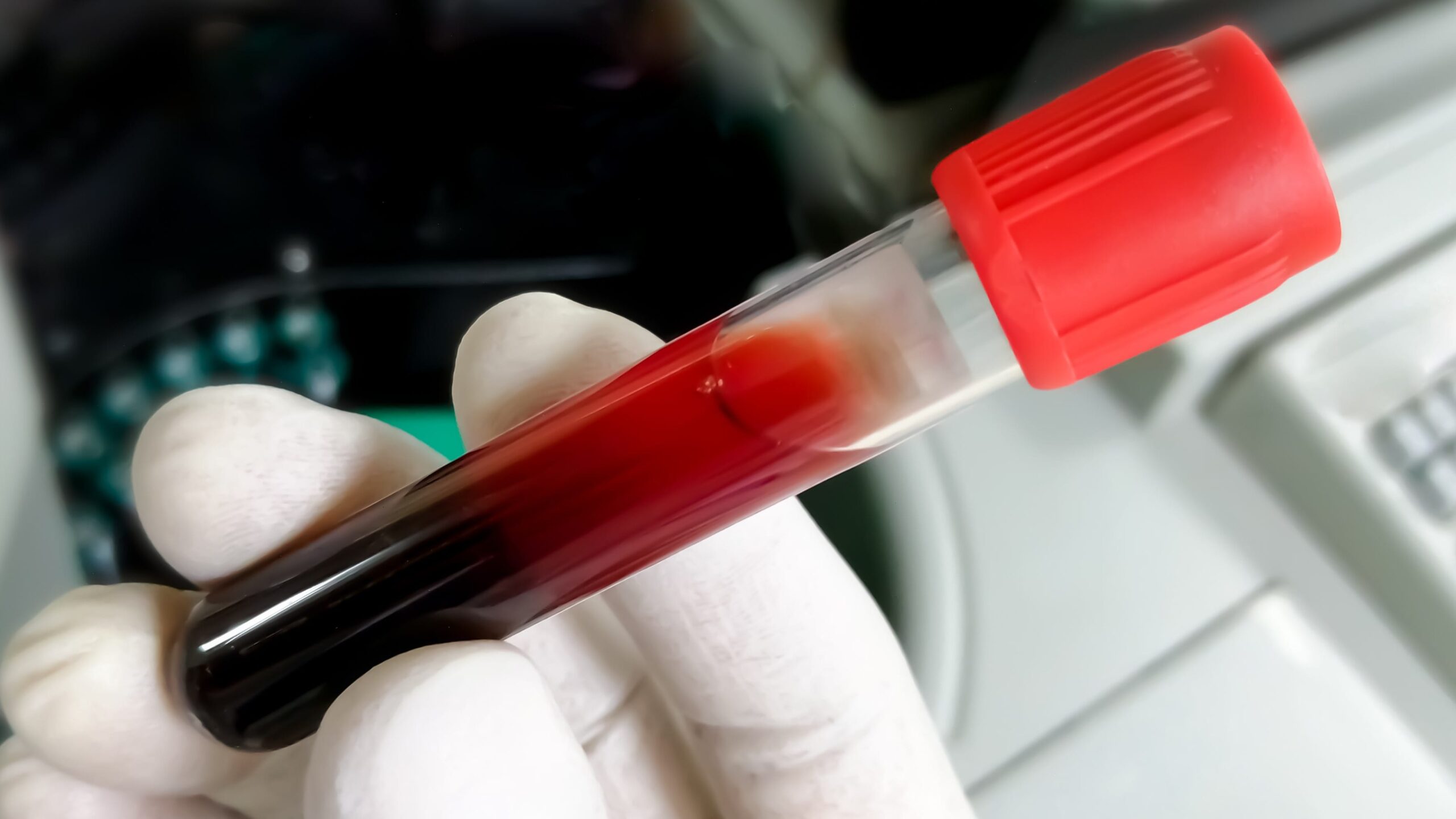
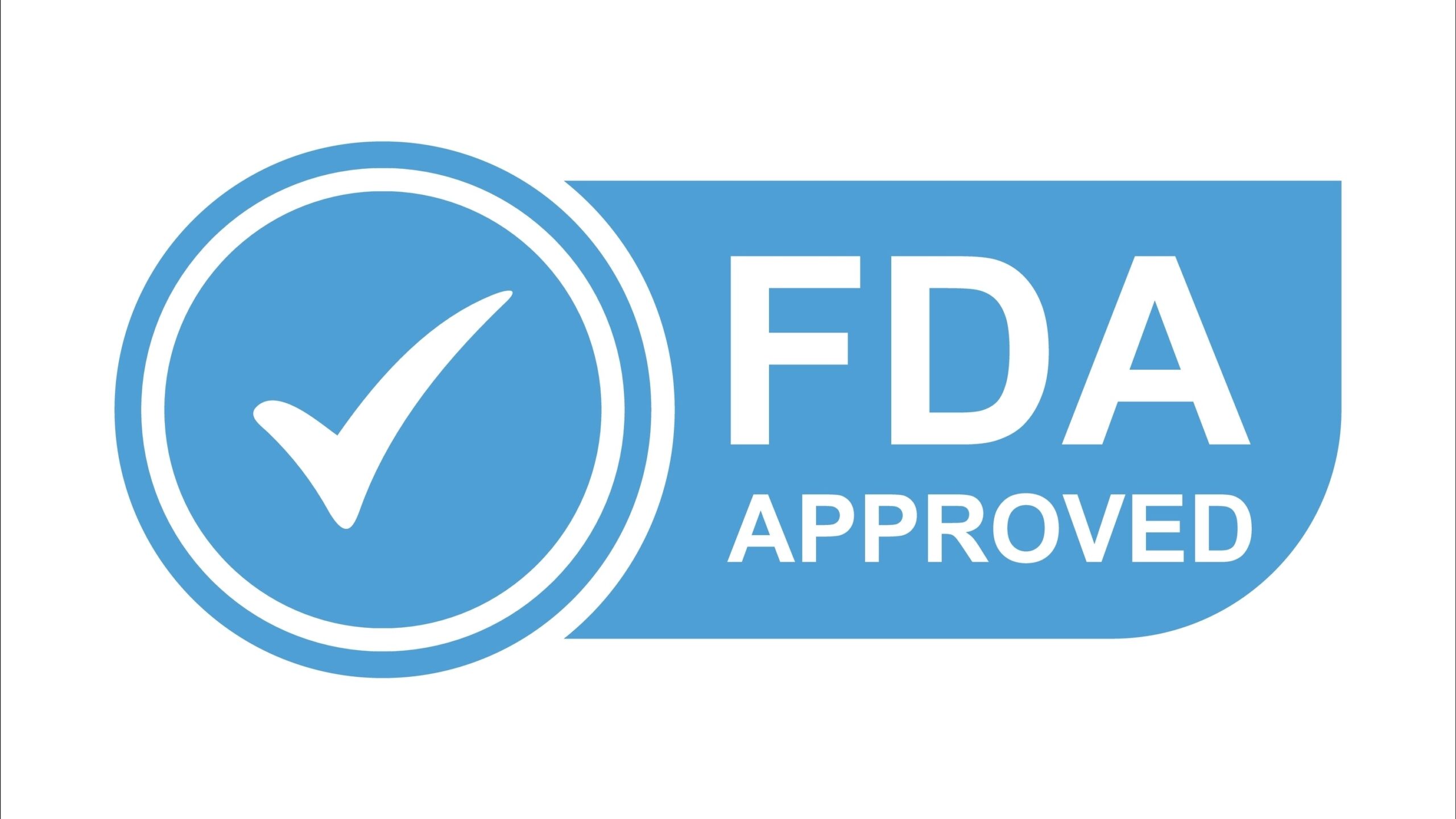
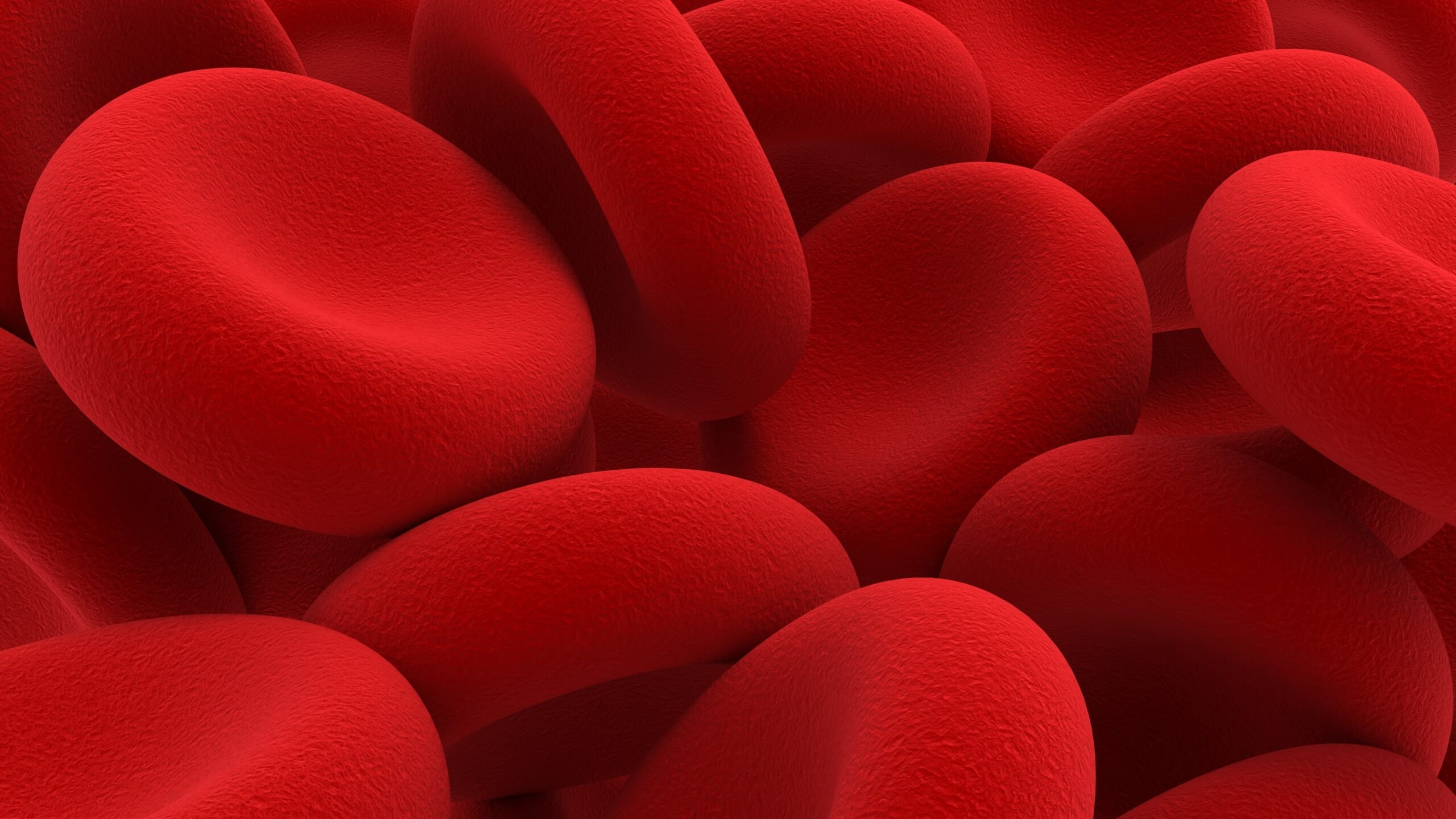

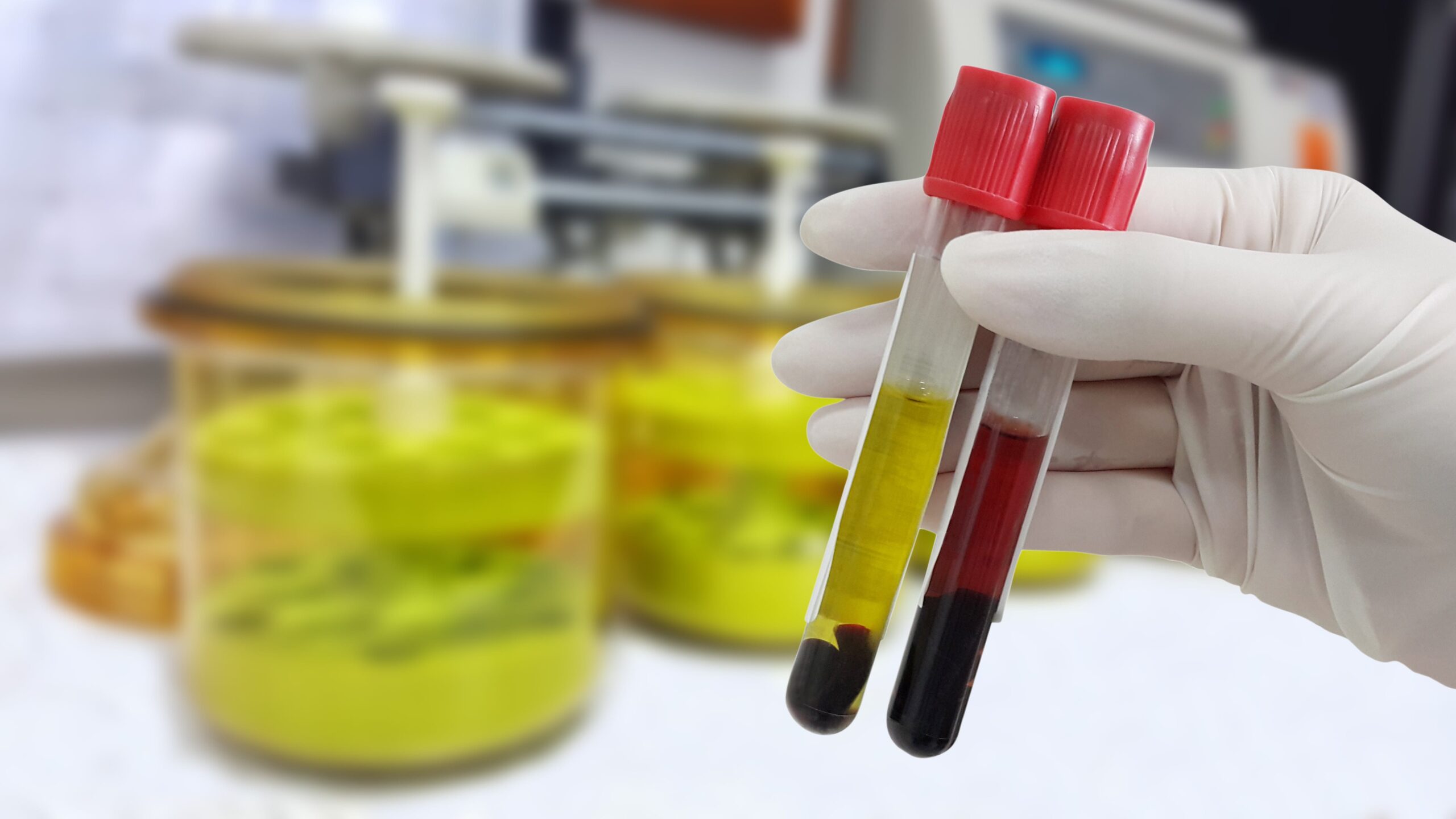

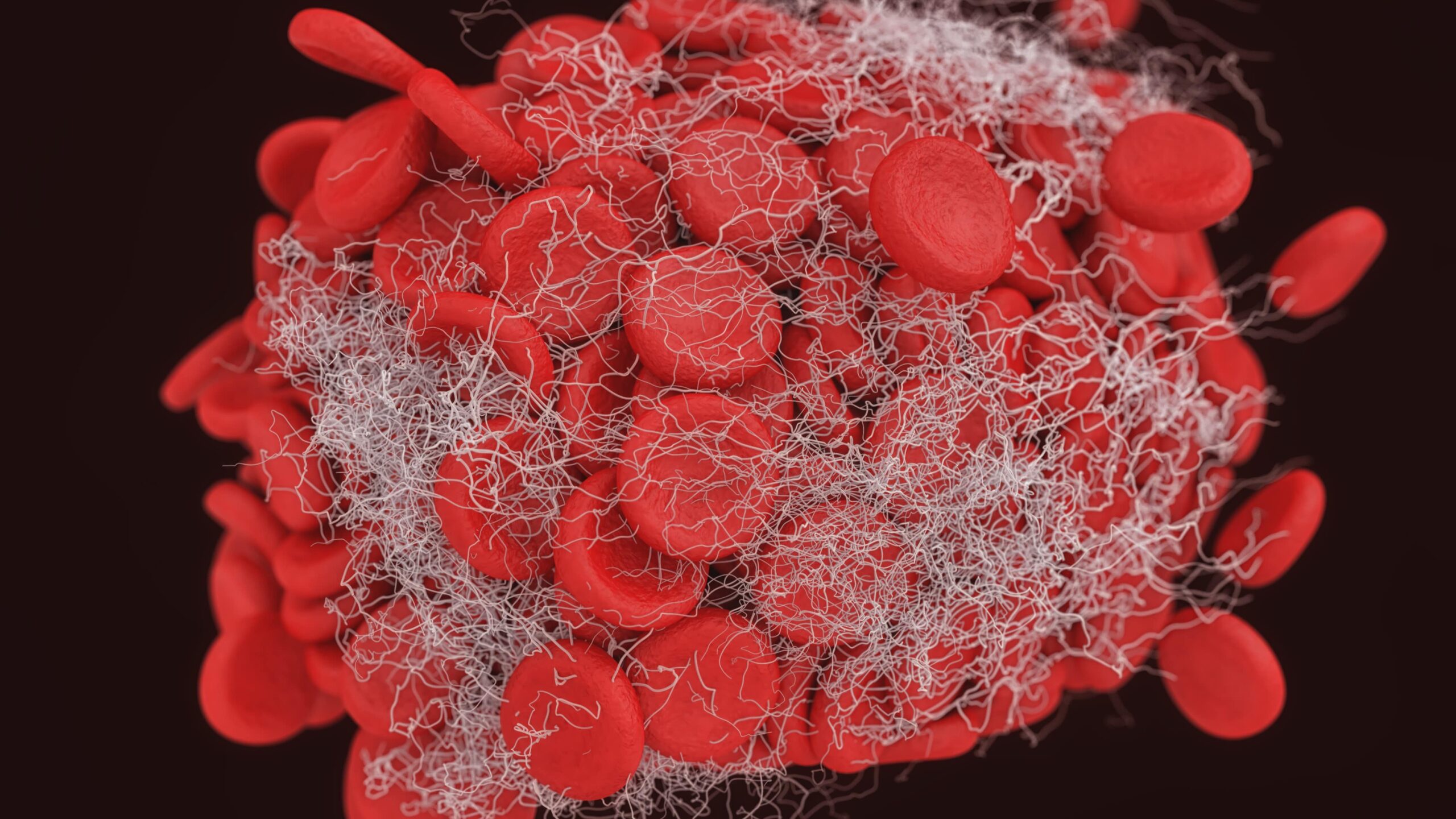
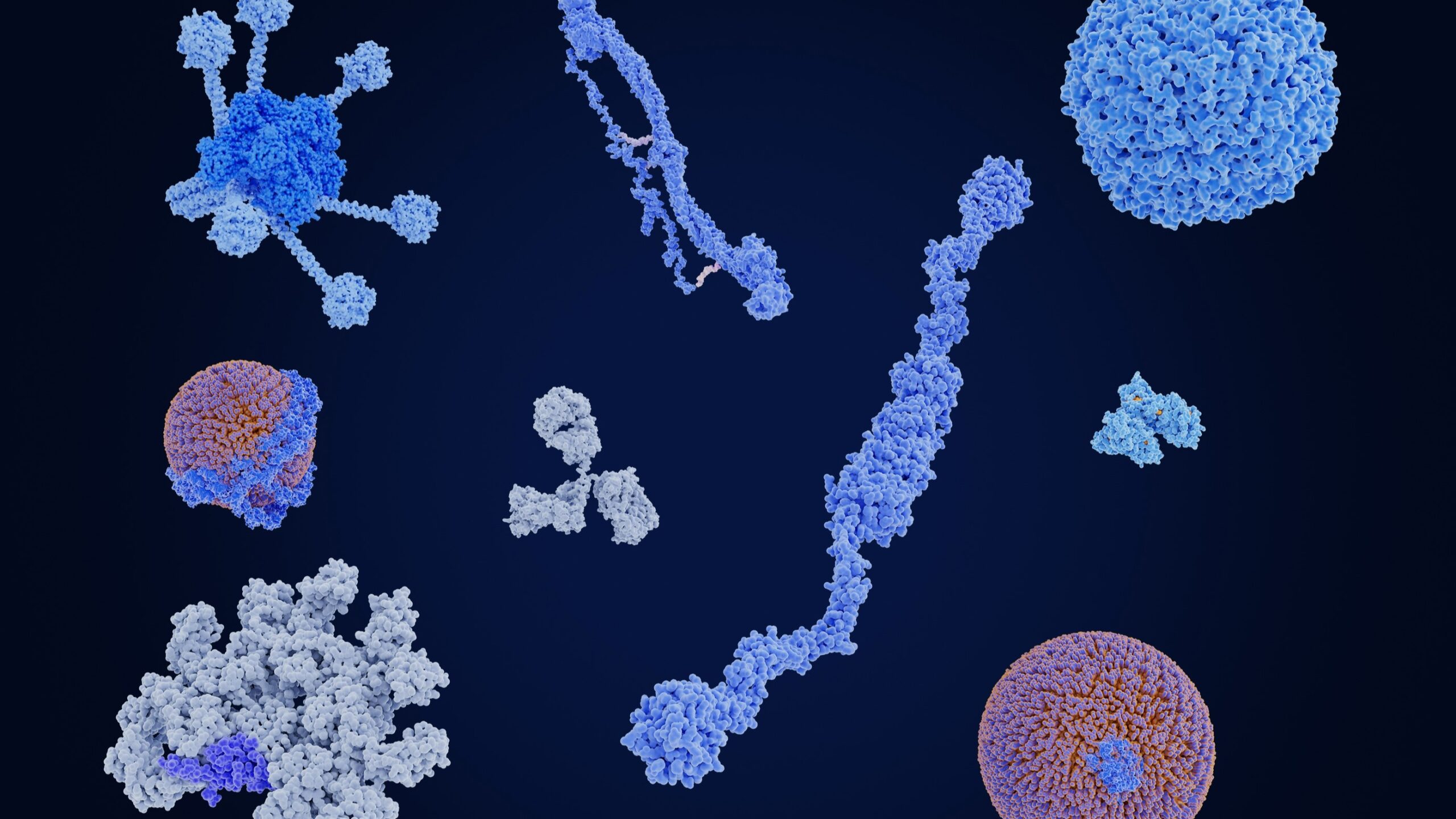
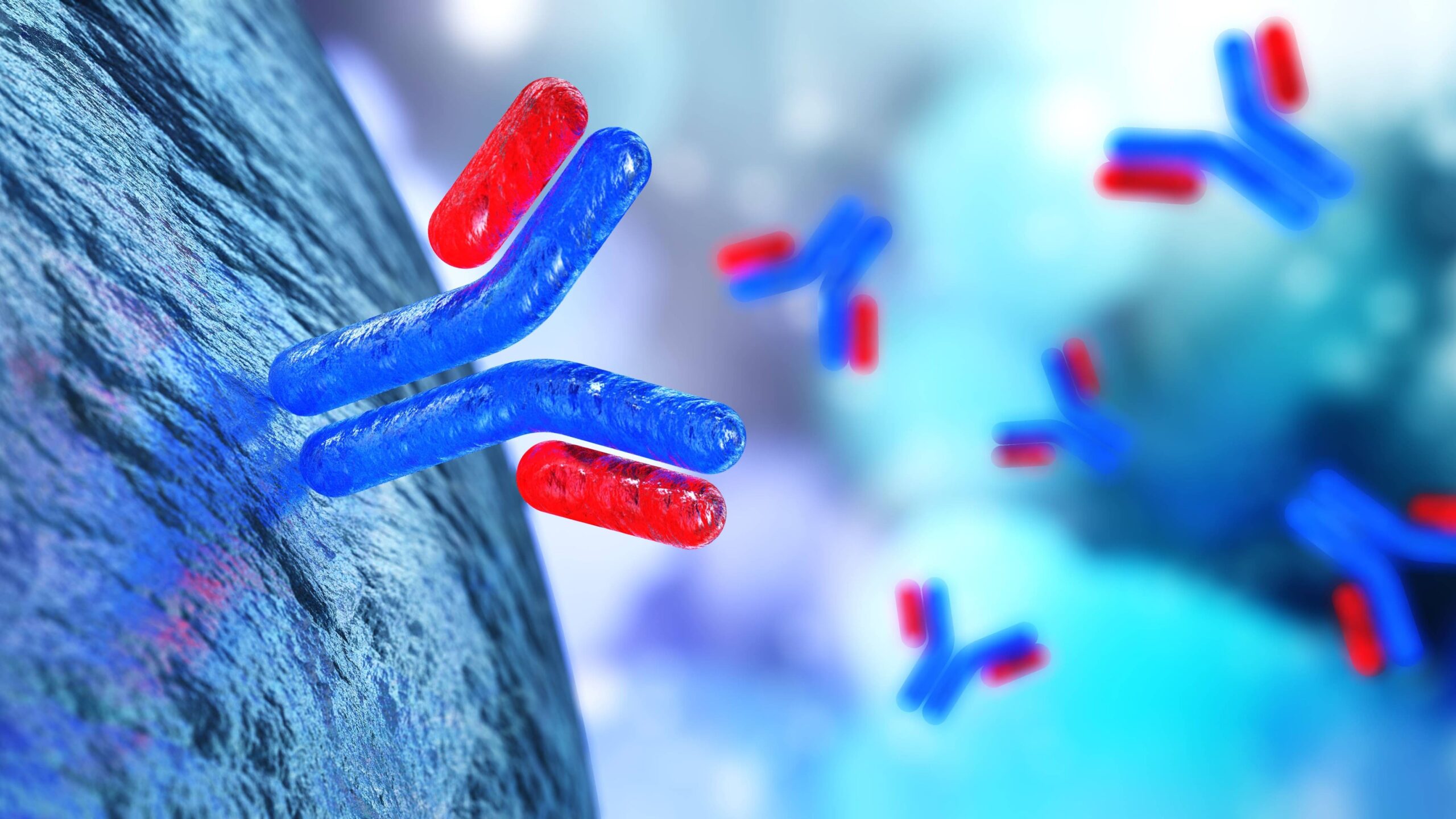
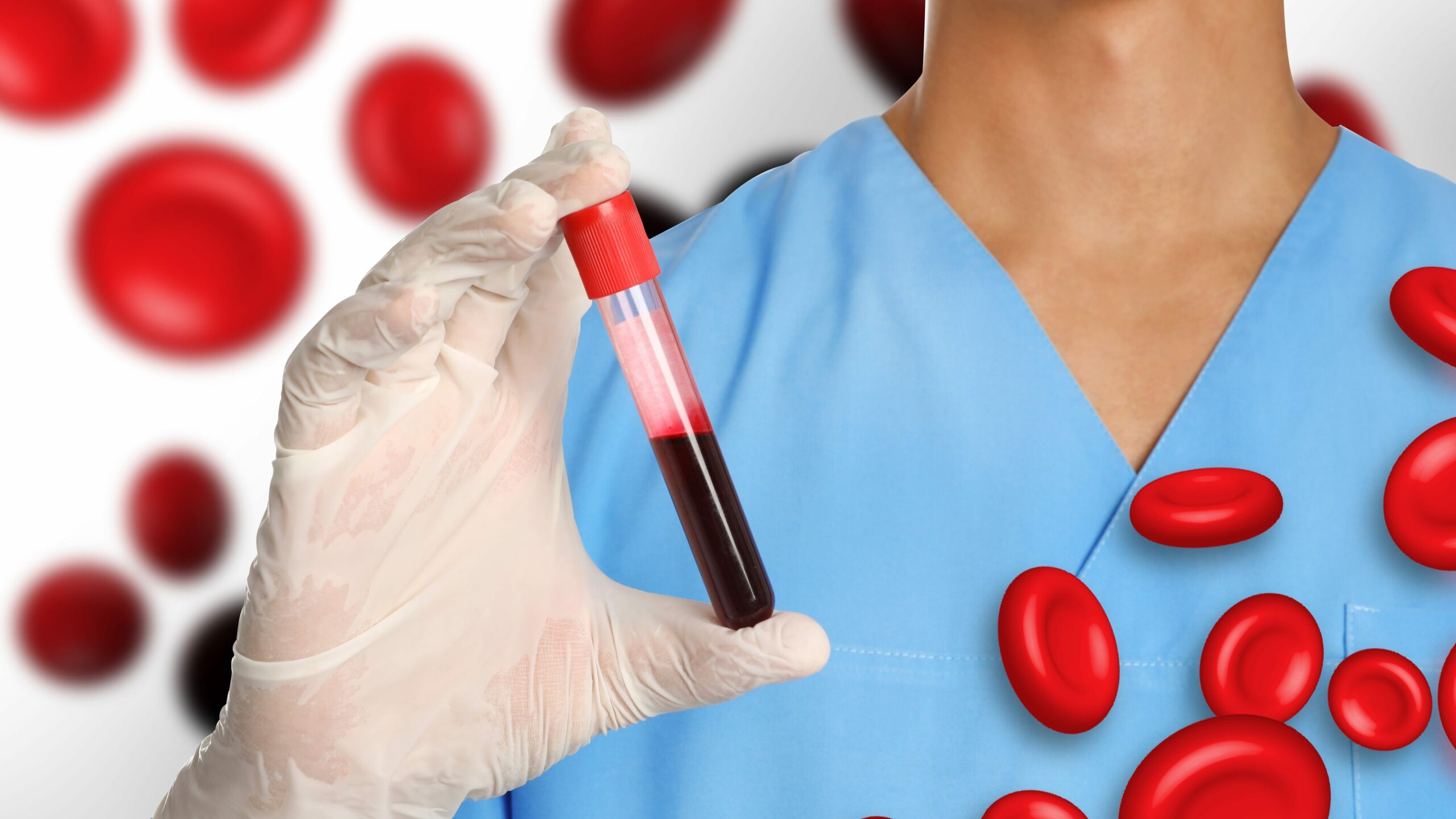


 © 2025 Mashup Media, LLC, a Formedics Property. All Rights Reserved.
© 2025 Mashup Media, LLC, a Formedics Property. All Rights Reserved.